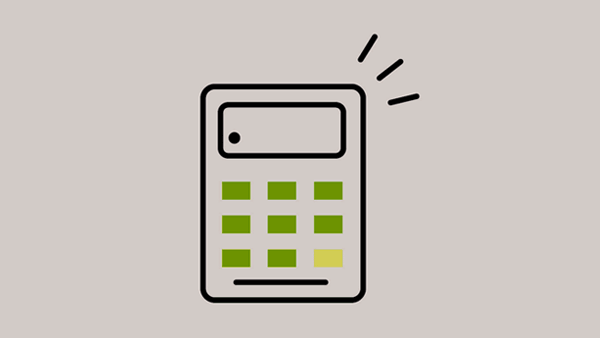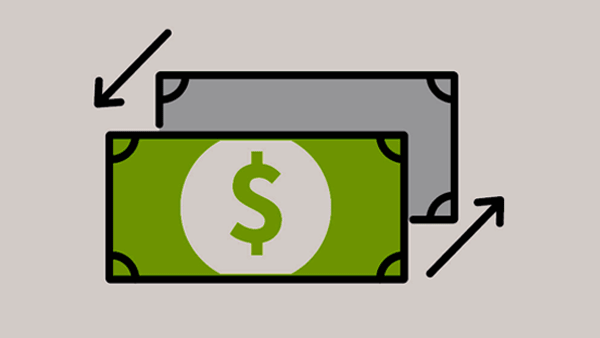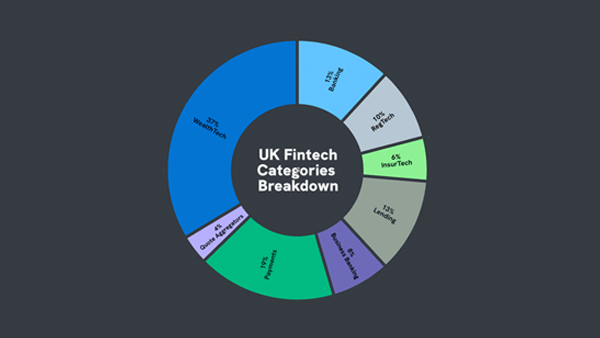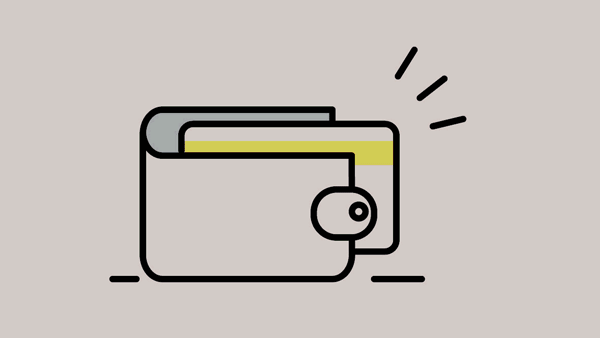
A dividend is a cash amount paid out to an owner of a share in a company. Companies sell shares (also known as stocks) in their company to investors. These investors then become shareholders. If a company is making profit (and also under certain conditions, when it has not made a profit but wishes to maintain its regular dividend schedule), then it can make the decision to issue a dividend to its shareholders.
Dividend Concept
Conceptually, the giving out of a dividend is the same whether it is a very small private company or very large public one. If a small company consists of 2 shareholders, who each have one share, then at the end of the trading year, the company makes a net profit of $1000, then the company can decide to give out a dividend of $500 per share, so each shareholder makes $500.
If, on the other hand, it is a very large, publicly listed company, then they may have millions or tens of millions of shares. These would then be distributed amongst a large amount of investors. Some may have a single share, some may have a huge amount. The company will generally set an amount of dividend per share, and then a period that that dividend is paid. For example, they may say that the dividend paid per share is $0.20, and that the company decides to pay out a dividend twice per year. In this case, an investor would receive 2 payments of $0.20 for each share they own each year.
Dividend payments are generally paid out either once, twice or four times per year.
Dividend yield
The dividend yield is essentially the percentage of the total cost of the share that the dividend is paid on. For example, if the share price is $10, and the dividend paid out per share is $0.50, then the dividend yield is 5%. Of course, the percentage yield that any investor gets depends on the amount they paid for that share. If they bought the share while it was low, then the relative percentage would be more than if they bought the share when it was more expensive.
What sort of companies pay dividends?
As dividends are usually to be paid out of profits, that means that generally dividends are paid out by more mature companies with forecastable profits. Therefore, startups and growing companies usually won’t pay out dividends, as any profits they may make would be used to continue their expansion.







